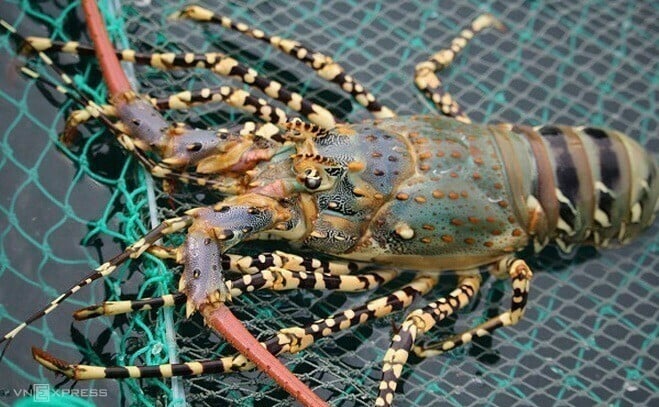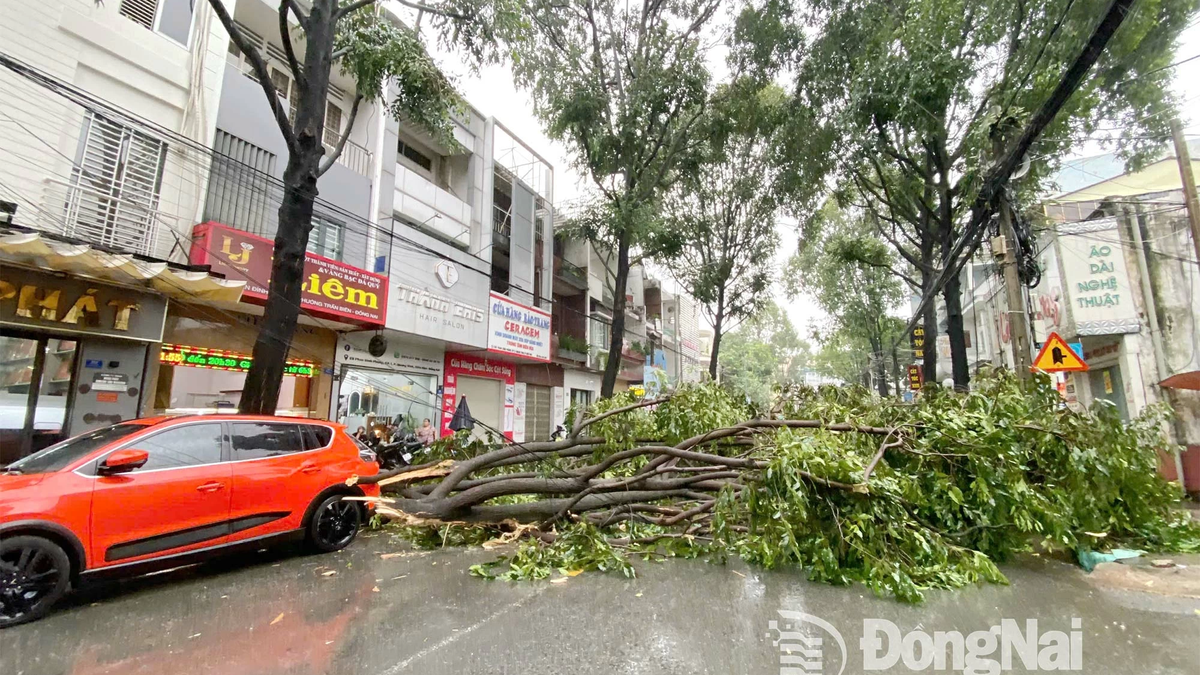China - the largest market for Vietnamese lobster - has stopped importing this product from Vietnam and has not yet announced the reason.
In a document sent to the Department of Agriculture and Fisheries Associations of provinces and cities, the Department of Fisheries (Ministry of Agriculture and Rural Development) said that some export establishments and the Fisheries Association of Phu Yen province reported that China has stopped importing spiny lobsters (Panulirus ornatus). Similarly, spiny lobster farmers in Khanh Hoa also said that China has stopped buying since October.
China is the largest market for Vietnamese lobsters. As of the end of August this year, Vietnam's lobster exports to China reached 76 million USD, down 42% compared to the same period in 2022.

Spiny lobsters farmed in Phu Yen. Photo: Nguyen Ky
Each kilogram of spiny lobster is being sold by farmers for 1-1.3 million VND, half the price compared to two months ago. This is a 45% decrease compared to the same period last year. The reason is that consumption in both domestic and export markets has decreased sharply.
According to Mr. Nguyen An, Chairman of Cam Binh Commune People's Committee, since mid-year, Vietnam has only been able to export green lobsters to China. As for flower lobsters, the quantity sold in Cam Binh is very limited because the neighboring country has stopped buying.
To verify and promptly resolve the problem, in September, the Ministry sent a document to the Vietnamese Embassy and Trade Office in China and the Nanning Customs Department (General Administration of Customs of China). According to information from the Vietnamese Embassy and Trade Office in China, the General Administration of Customs of this country has received the request from Vietnam but has not yet arranged to work according to the Ministry's proposal.
While waiting for a response from China, the Department of Fisheries proposed to strengthen the control of lobster seed quality, disease prevention and treatment; provide guidance on registering for cage farming and arranging cages appropriately and on schedule. At the same time, the Department recommended that people choose suitable farming species, including reducing the farming of spiny lobsters, increasing the farming of green lobsters and harvesting at the appropriate time. The agency also requested the organization to build a quality lobster chain, ensuring traceability of origin.
Thi Ha
Source link































![[Photo] National Assembly Chairman Tran Thanh Man visits Vietnamese Heroic Mother Ta Thi Tran](https://vphoto.vietnam.vn/thumb/1200x675/vietnam/resource/IMAGE/2025/7/20/765c0bd057dd44ad83ab89fe0255b783)




































































Comment (0)